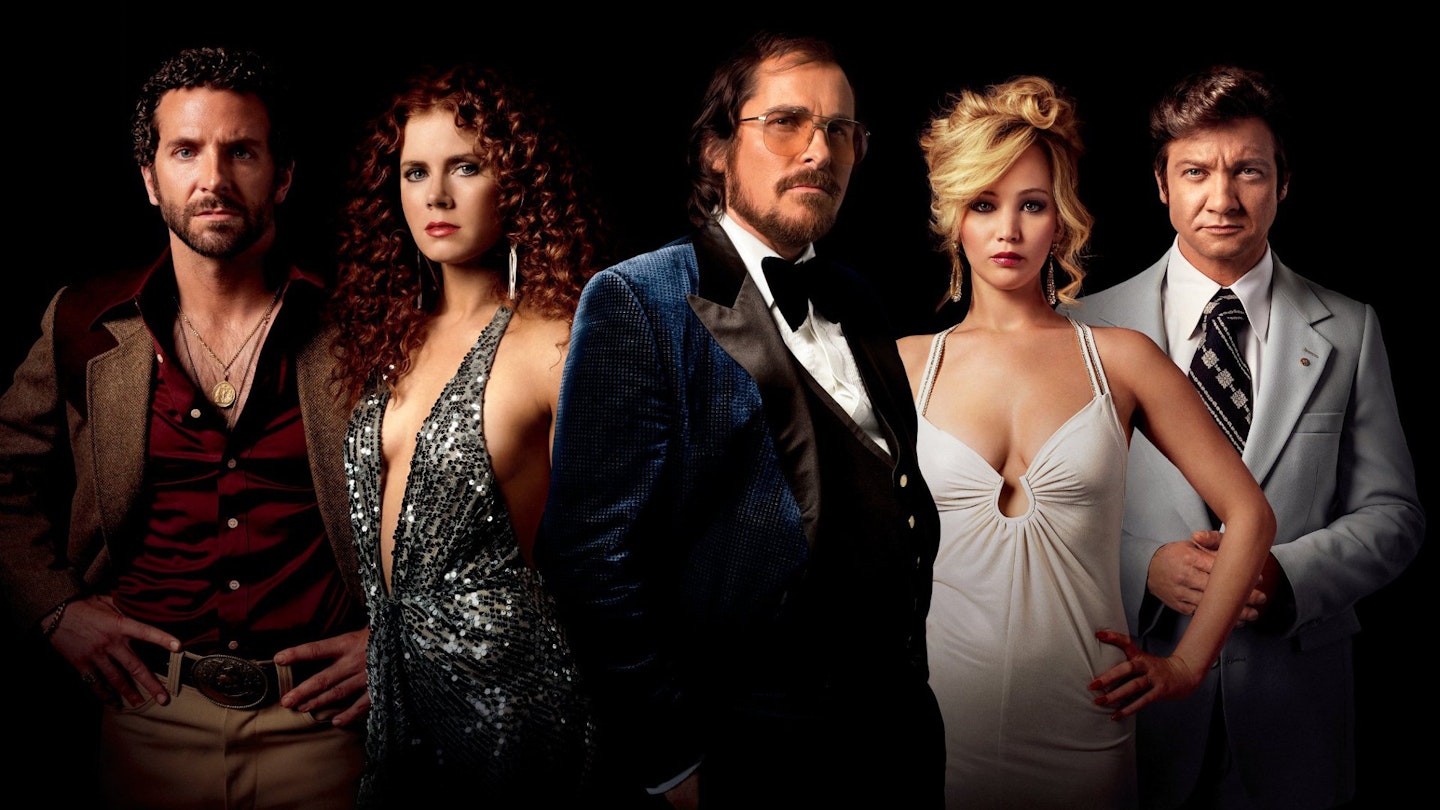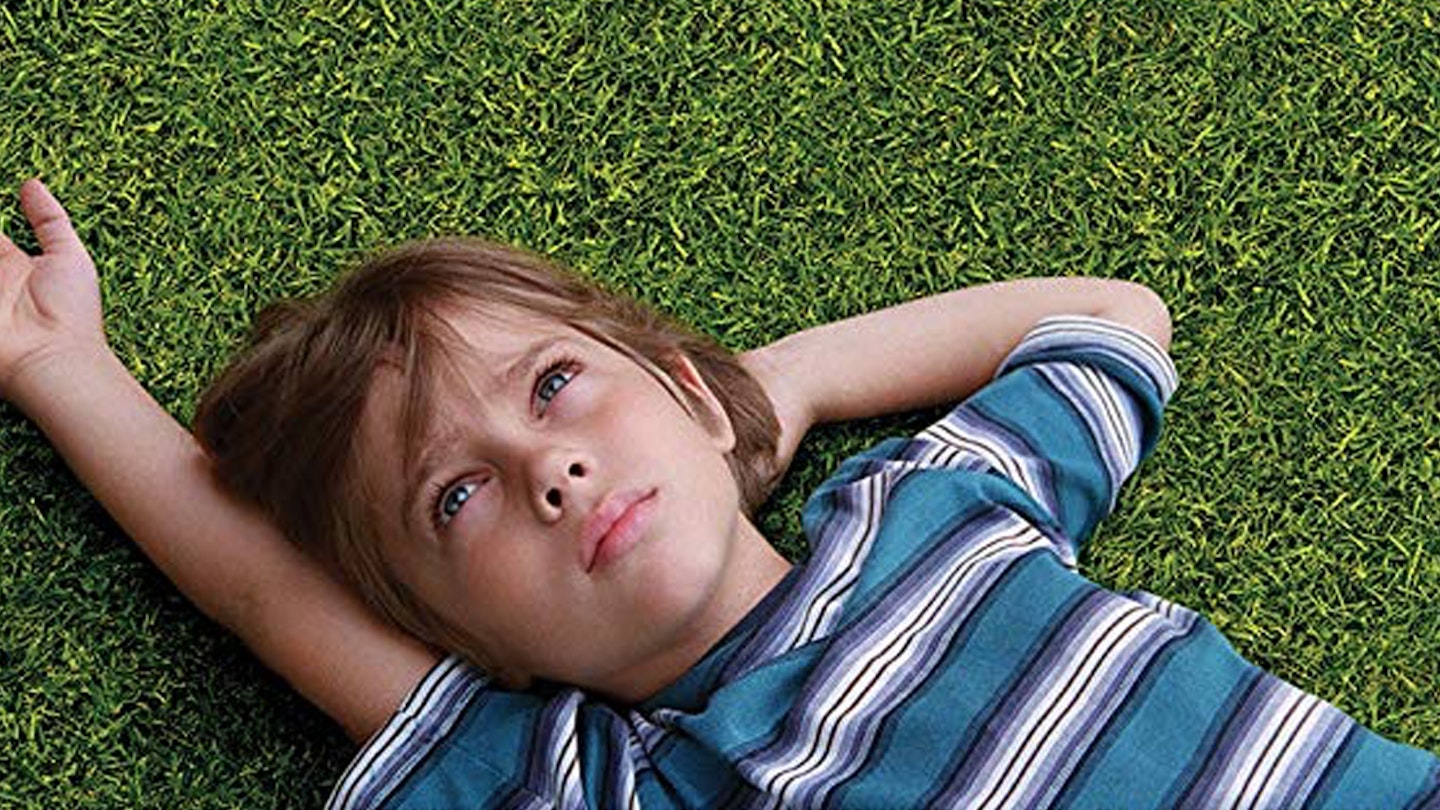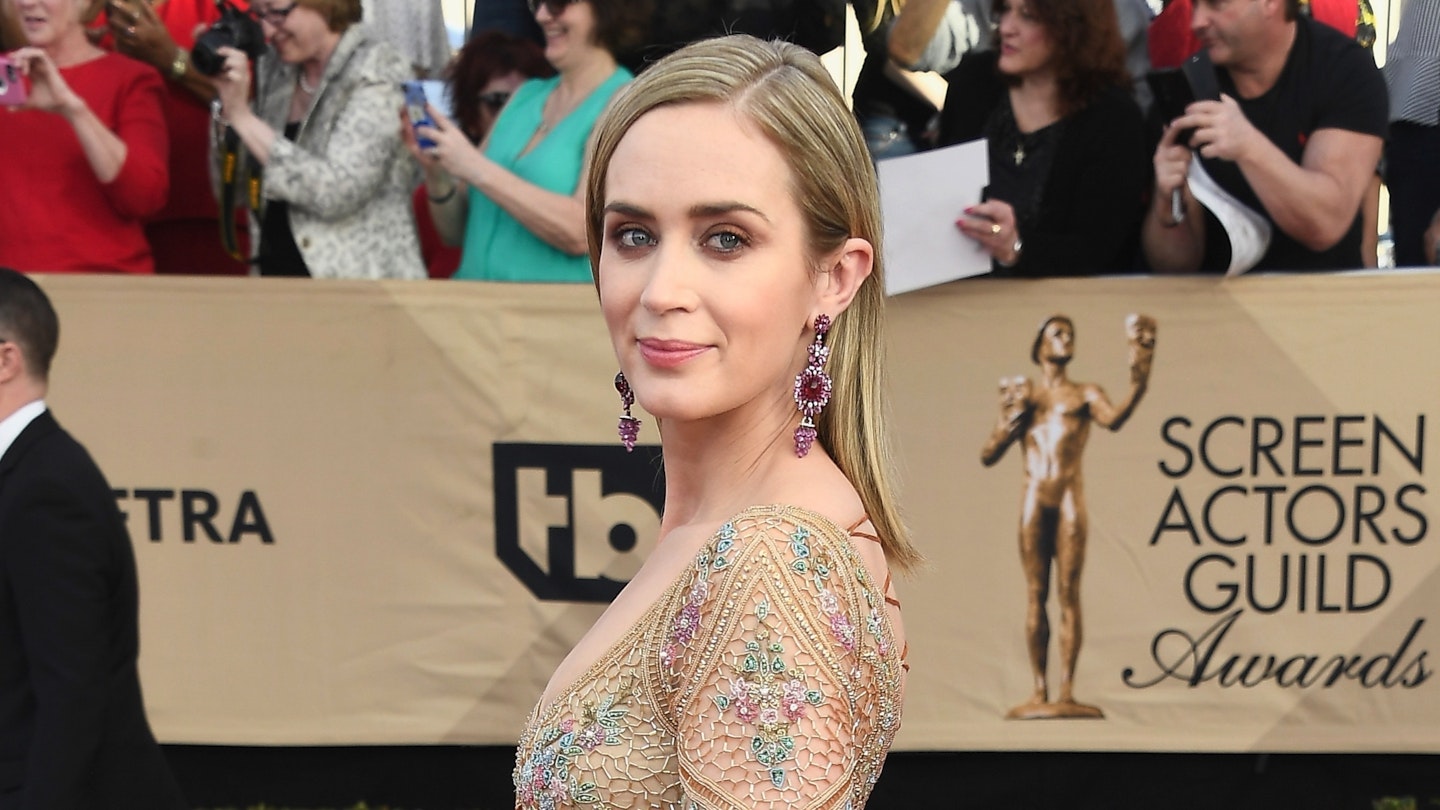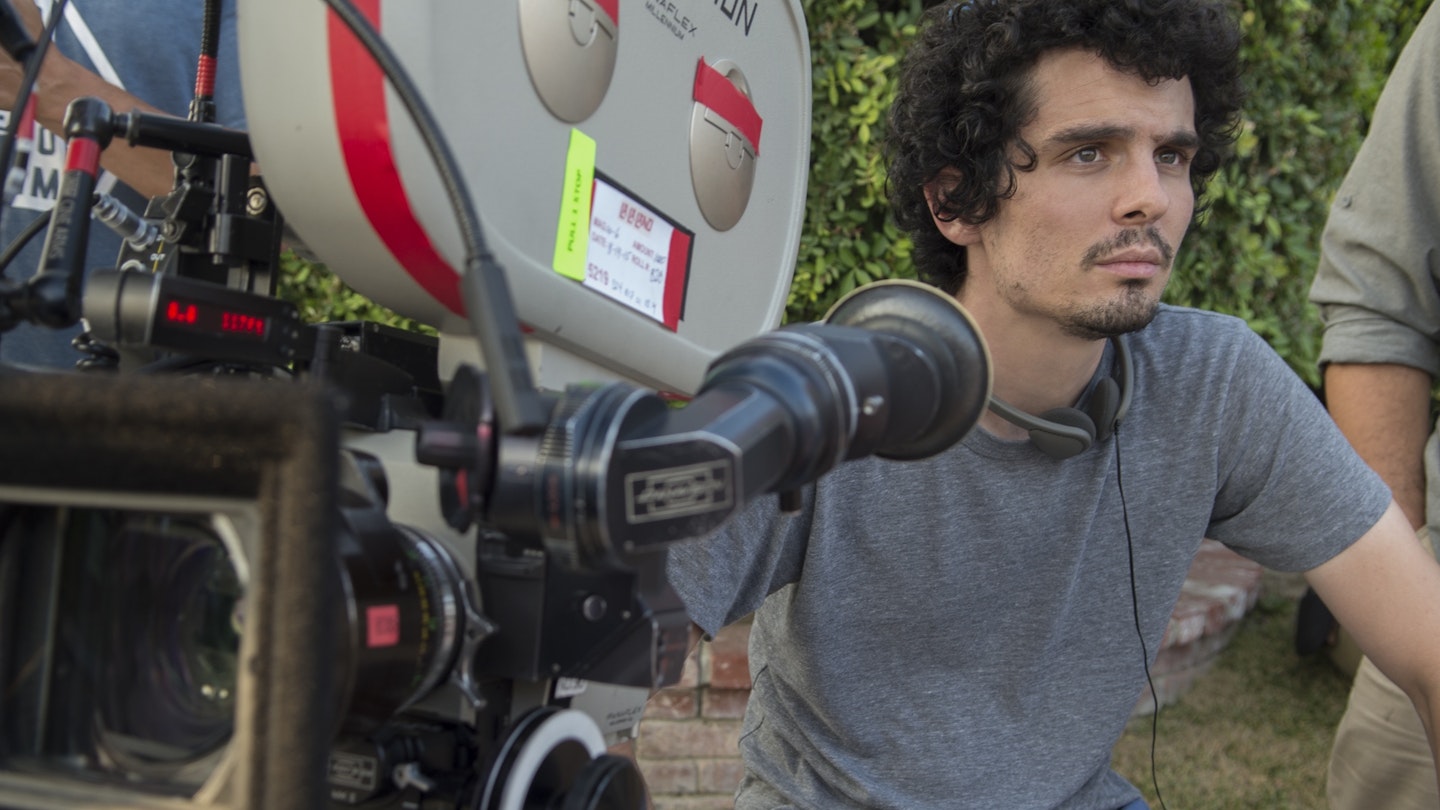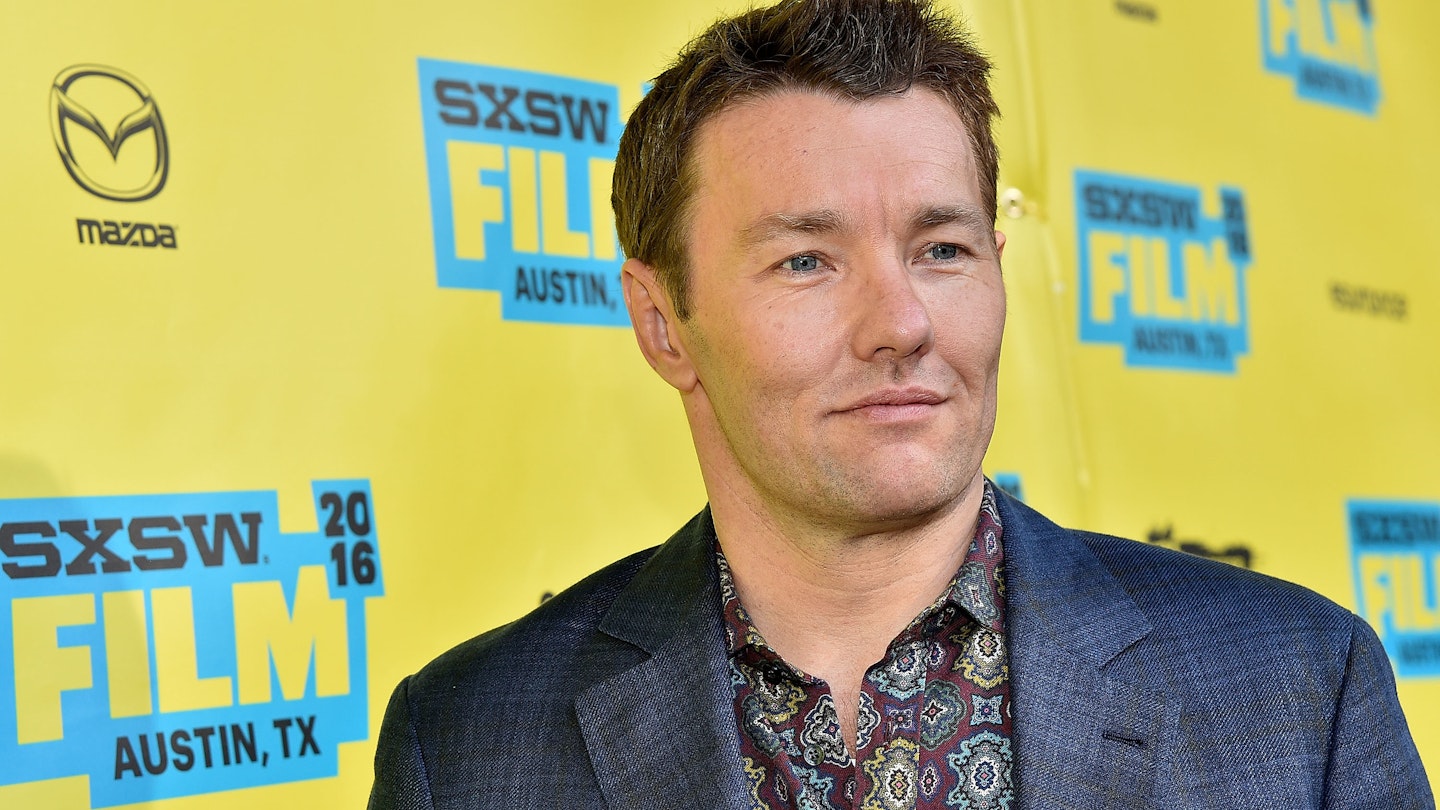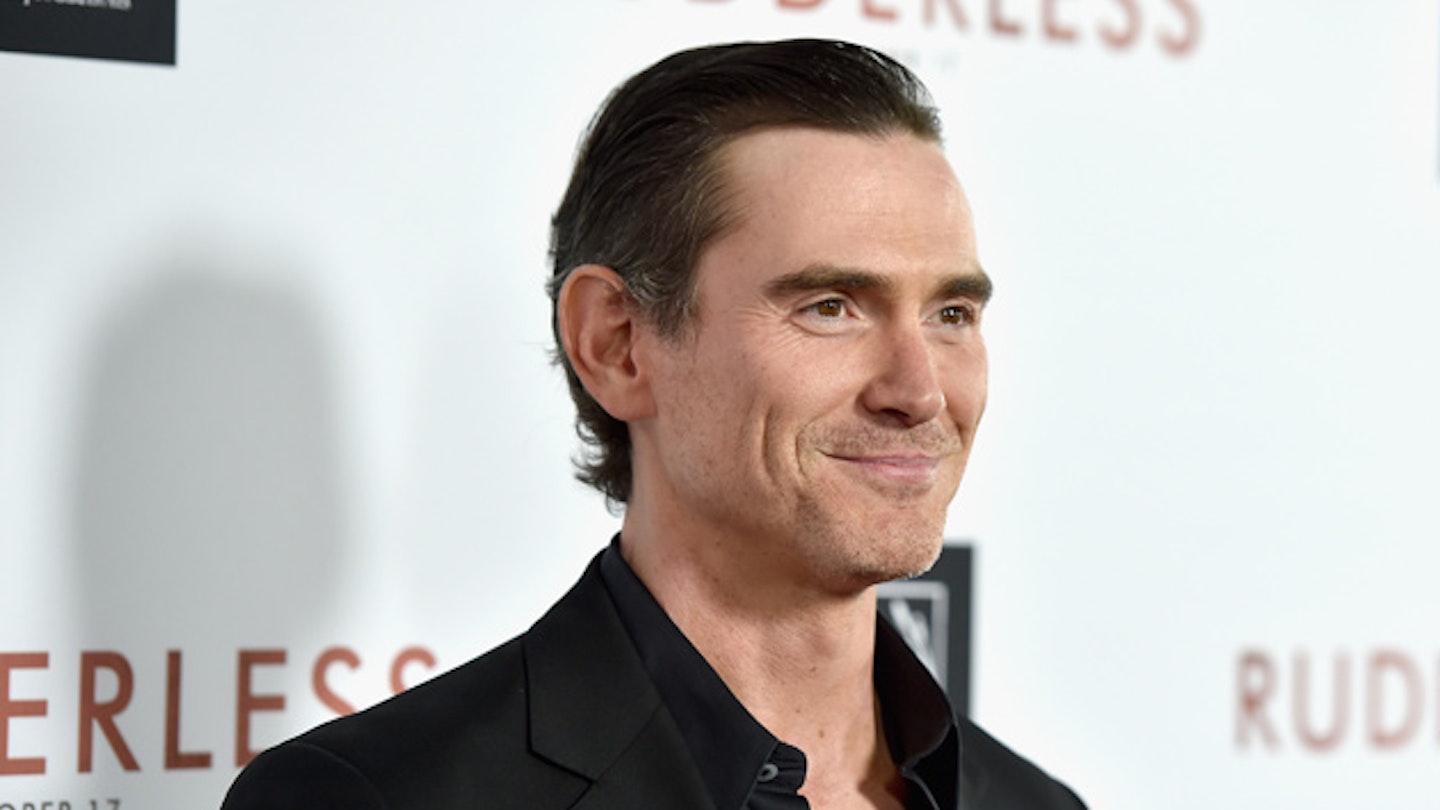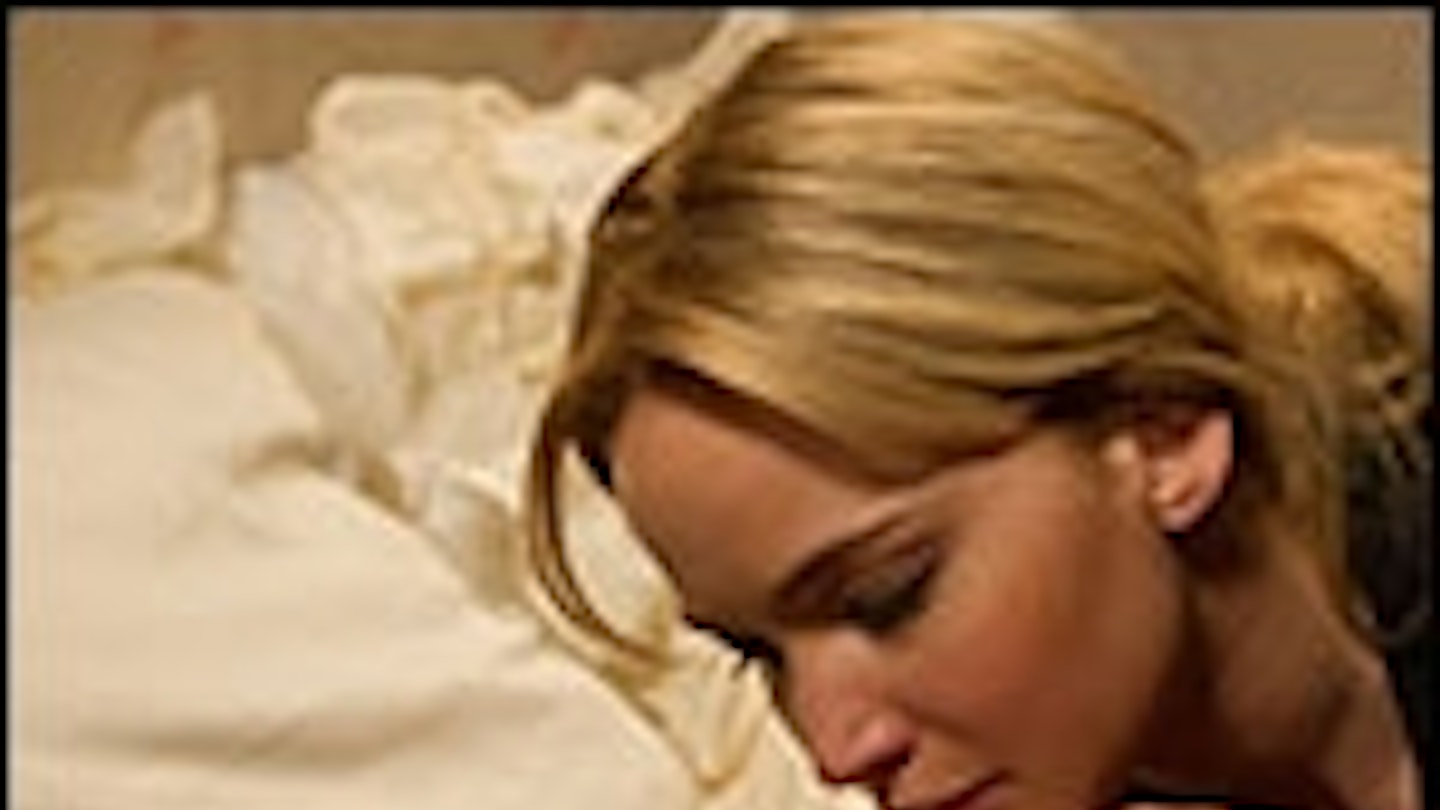This opens with a caption that claims its story is “mostly true”, which has in the annals of crime cinema historically covered a spectrum of veracity and mendacity ranging from In Cold Blood to Fargo, but tries to position American Hustle as more significant than the average twisty con-inside-a-con crime movie.
Like Pain & Gain, it’s as much a portrait of the excesses of its era as it is criminal reportage, with an unusual emphasis on 1970s hairstyles as symptoms of the Carter years. The opening shows Christian Bale, demonstrating his Machinist super-power of altering his body at will by sporting an impressive paunch, applying the toupee, glue, spray and hair-sculpting moves necessary to create his disco comb-over. Later, the film gives equal time to the tiny and huge curlers Bradley Cooper and Amy Adams’ characters require for their respective ’dos.
Writer-director David O. Russell reunites with the stars of his last two movies — Bale and Adams from The Fighter and Cooper and Jennifer Lawrence from Silver Linings Playbook — and again gives them roles all-but-guaranteed to land multiple awards nods. Russell seems to be the go-to guy for talents whose profiles have been raised by blockbuster superhero movies but want to show they can still act without spandex and CGI, with Jeremy Renner joining the gang as the world’s most likable and honourable crooked politician. There’s even room for an unbilled surprise guest appearance by a screen legend who has been relaxing of late but can still turn on the steely menace when prompted, cast as a Mob boss who springs a disorientating surprise at a crucial stage in the con by talking directly to the fake sheikh in actual Arabic.
However, American Hustle is a showcase rather than a truly great movie. The intricate, attenuated plot threatens to address corruption in America but any point keeps getting lost in its own trickery. Unrepentant con men, crooked politicians and (even) murderous Mafia bosses are more honest and admirable here than the FBI sting operatives out to take them down. The message might be to leave institutionalised crime well enough alone — Rosenfeld seems to express the script’s message when he says that “after Vietnam and Watergate”, the country doesn’t need another disillusioning political scandal. Besides, the film keeps showing us that con men are fun — they have enviable dress sense, live large in a way the movies are hardwired to admire more than plodding decency, and aren’t notably more deceitful and money-grubbing than the forces of law and order, just better at pulling the rug out from under the marks and waltzing away with a smile.
On a scene-by-scene basis, it’s undoubtedly a dazzling film, albeit with many lifts from the Martin Scorsese and Paul Thomas Anderson playbooks. Casino and Boogie Nights are explicitly evoked, and one flashback might literally be a GoodFellas outtake. The camera prowls through ’70s luxury hotels and suburban homes, wincing at the thick carpets and the eye-abusing curtains, pausing to relish the kitschy tableware or clunky furniture. It makes persuasive use of a double album’s worth of 1970s chart hits, with major dramatic moments sold by selections from Elton John’s back catalogue.
Meanwhile, Lawrence cements her current can-do-no-wrong status in an extraordinary scene, just after her character has set a fiendish revenge scheme in motion, as she sings along to Live And Let Die while aggressively cleaning her house in yellow kitchen gloves and gloating over the deadly pickle she’s just landed her faithless husband in. Cooper is stuck with the least rewarding role, but keeps finding brilliant little bits of business to hold the attention: watch him do spot impersonations of his overly cautious (but smart) boss during a premature victory celebration. Bale, in velvet jacket, and Adams, in dresses so low-cut that double-sided Sellotape must be involved to preserve decency, play conners who are always on — Adams’ Sydney poses as British aristocracy with a Diana Rigg accent for most of the film — but gradually show their real personalities and become appalled by what they’ve got into, though the film becomes less convincing when its brittly amoral double-dealers start showing a rudimentary conscience.
